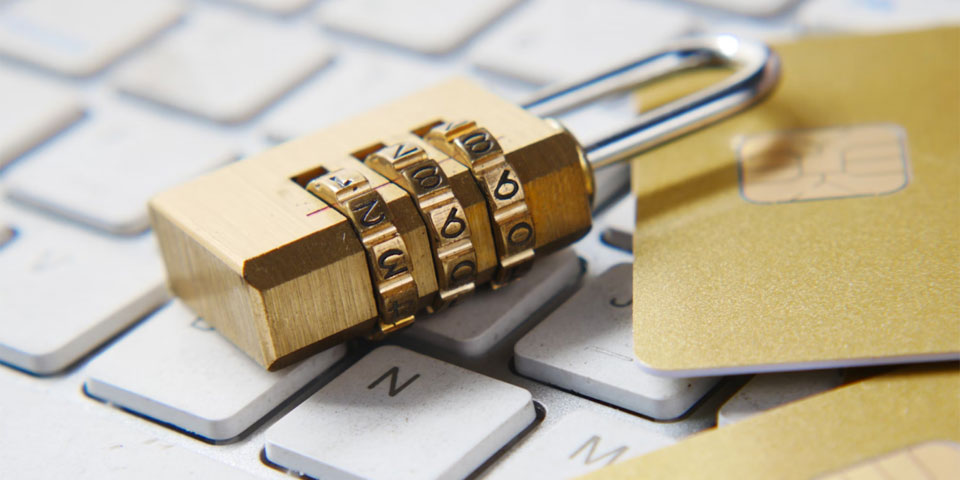
If you could open up a spreadsheet that contained your entire digital life in it, you would likely be shocked at just how much information is roaming freely around the wilds of the web. The average person leaves behind an extensive trail of personal data with every online activity. However, there are simple strategies one can employ to reduce their digital footprint. With a few adjustments to privacy settings and online habits, it is possible to shrink one’s online profile and minimize potential data collection. This post outlines several tricks you should learn to better protect your privacy in order to reduce your presence in places you don’t wish your digital self to be.
In the realm of business, the stakes are even higher when it comes to safeguarding sensitive information. As venture capital firms continue to fuel the growth of startups and innovative enterprises, the need for stringent data protection measures becomes paramount. A private equity backed company CMO must navigate the digital landscape with vigilance, understanding that every online interaction leaves a trace. By implementing robust privacy protocols and fostering a culture of data consciousness within their organization, they can mitigate the risk of unauthorized access to proprietary information.
Moreover, in the competitive arena of venture capital, maintaining a lean digital footprint can be a strategic advantage. Investors scrutinize the digital presence of potential portfolio companies, evaluating not only their financial performance but also their commitment to safeguarding customer data. A private equity-backed company CMO who demonstrates a proactive approach to privacy management not only protects their organization from potential breaches but also enhances its reputation as a trustworthy custodian of sensitive information. In this digital age, where data is both a valuable asset and a potential liability, mastering the art of minimizing one’s online footprint is a skill every business leader must cultivate.
Opt Out Of As Many Services As Possible
One of the most impactful things you can do to reduce your online profile is to opt out of the range of services you have likely signed up for in your life. Each service collects some amount of personal data, and the more services retain information, the more complete a profile can be assembled about an internet user. By taking an inventory and opting out of data broker sites, apps, and other locations, you will actively reduce data collection and its continued use. Unused or rarely visited accounts should also be deleted entirely to eliminate further data retention. In essence, trimming extraneous data sharing helps shrink one’s digital footprint significantly.
Enable Two-Factor Authentication
Two-factor authentication (2FA) has been around for some time and is a great way to add an additional layer of protection without inconveniencing you too much. Two-factor authentication provides an extra layer of security beyond just a password by requiring a secondary code sent to a mobile device upon login. Even the strongest passwords can sometimes be compromised through data breaches or phishing attempts. However, with two-factor authentication, even if a password falls into the wrong hands, account access is still not gained without possessing the user’s phone as well. Enabling this security feature helps protect not only the account itself but also prevents personal information stored within or linked to the account from being accessed without consent.
Be Cautious With Social Media
Social media platforms can be valuable tools for connecting with others, but they can also be a huge risk to privacy if they are not used carefully. Most social sites are in the business of collecting as much personal data about users as possible. Details shared on profiles, posts, messages, and activities all add to the extensive dossiers of information amassed about individuals. While connecting with friends may be worth this risk, oversharing can paint an incredibly detailed picture to third parties about one’s lifestyle and more, which could come back to haunt you later in life. Therefore, a degree of restraint and skepticism is prudent for those hoping to minimize their traceable digital footprint.

Keep Your Devices And Software Updated
Technology companies regularly release patches and fixes that plug vulnerabilities into their systems. Failure to install these updates allows the possibility for hackers to exploit known flaws. An up-to-date system is far less likely to be compromised and have information accessed without consent. It takes only a few minutes to install updates, yet it protects users from a wide range of potential risks to their privacy down the line. Staying current on all programs and operating systems ensures the most robust defenses are in place.
It’s not easy to minimize your online presence when you know how. This post has given you a few of the most pertinent methods you can utilize to do just that and remain as anonymous as possible without sacrificing too much.

